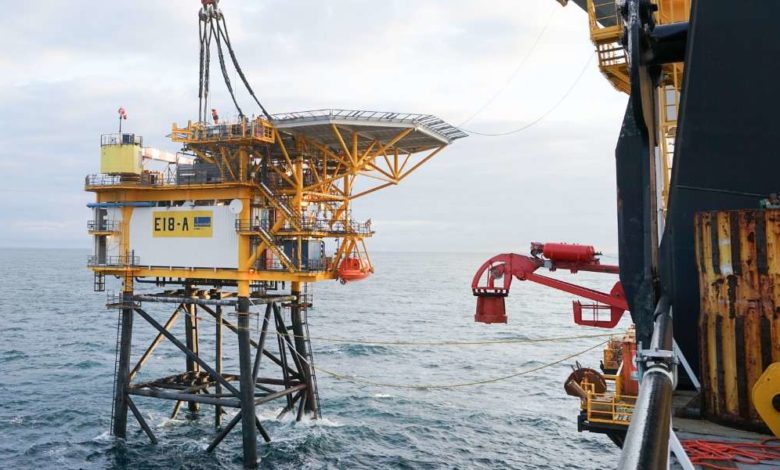Wintershall Dea looks to repurpose southern North Sea gas pipelines for CO2 transport

Germany’s Wintershall Dea is working with the OTH Regensburg University of Applied Sciences to explore how existing natural gas pipelines in the southern North Sea can be used for future CO2 transport.
The company said that the results obtained so far suggest that the offshore pipelines could be safely and efficiently repurposed for the transport of liquid CO2. As the study progresses, technical feasibility will be tested, and certification should take place.
Companies with unavoidable process emissions, such as those from the steel, cement, or chemical industries, will soon be dependent on underground offshore storage sites for the capture and safe storage of their CO2 emissions. Moreover, the CO2 produced during the production of blue hydrogen from natural gas can also be safely stored in this way.
There are over 4,800 km of pipelines in the southern North Sea, of which 1,200 km are operated by Wintershall Noordzee, a joint venture between Wintershall and Gazprom. Parts of this network could be used for CO2 transport. Wintershall Noordzee also operates numerous depleted reservoirs potentially suitable for storing CO2.
“Wintershall Dea is investing in CCS because we are convinced that it is a safe and affordable technology for decarbonisation. We have the technological know-how and the depleted offshore reservoirs required for CCS, as well as access to the pipeline network for transport,” said Klaus Langemann, senior vice president of carbon management and hydrogen at Wintershall Dea. “If existing natural gas pipelines can be used for this purpose, this not only improves the economics of CCS projects, but also contributes to the sustainability of many industrial sectors and their products.”
